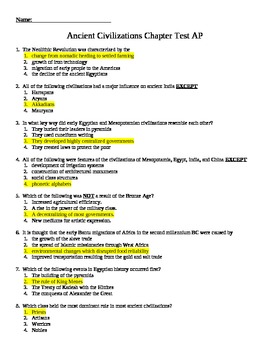

Were present in the Atlantic and Pacific oceans. Which of the following were both Chinese inventions? The Muslim kingdom of Granada fell to Spanish Christian forcesīeing triangular, maneuverable, and able to catch winds from the side as well as from behind Which of the following was not a reason for the European interest in finding a maritime trade route?ĭirect trade routes to Asia, trade goods like spices, gold,ivory, slaves, etc., finding a way to avoid the Muslims in trade The Portuguese viewed the Atlantic Islands as the perfect location for the cultivation of The first European nation to dominate trade with Asia was Were: exploitations of fresh lands and resources, establishing maritime trade routes to the markets of Asia, and expanding the boundaries of Christianity Which of the following was not one of the main inspirations for European exploration? Ming emperors of China and Ottoman mariners

(p.The Portuguese mariner who sailed to Calicut in 1498 wasĭuring the early modern era, which of the following non-European peoples explored the Indian Ocean? A Christian-inspired rural rebellion threatened to topple the Qing Empire.Ī clause in a commercial treaty that awards to any later signatories all the privileges previously granted to the original signatories. The most destructive civil war before the twentieth century. Qing official who raised effective military forces against the Taiping assault on Northern China The treaty ports was the name given to the port cities in China, Japan, and Korea that were opened to foreign trade by the Unequal Treaties. It awarded Britain a large indemnity from the Qing Empire, denied the Qing government tariff control over some of its own borders, opened additional ports of residence to Britons, and ceded Hong Kong to Britain. Hereditary military servants of the Qing Empire, in large part descendants of peoples of various origins who had fought for the founders of the empire. The victorious British imposed the one-sided Treaty of Nanking on China. War between Britain and the Qing Empire that was, in the British view, occasioned by the Qing government's refusal to permit the importation of opium into its territories. Roughly started with the Congress in Prague supported by Russia. Russian intellectuals in the early nineteenth century who favored resisting western European influences and taking pride in the traditional peasant values and institutions of the Slavic People.Ī movement to promote the independence of Slav people. Movement of young intellectuals to institute liberal reforms and build a feeling of national identity in the Ottoman Empire in the second half of the nineteenth century. 19th/Early 20th Centuries: European and US nationals in certain areas of Chinese and Ottoman cities were granted this right. 681)įoreign residents in a country living under the laws of their native country, disregarding the laws of the host country. Later guns had magazines, a compartment holding multiple projectiles that could be fed rapidly into the firing chamber. Gun into which the projectiles had to be individually inserted. Their use meant that guns no longer needed to be ignited by hand. Gunpowder-filled capsules that, when struck by the hammer of a gun, ignite the explosive charge in a gun. RUssia was defeated and the independence of Turkey was guaranteed 678)Ī war fought in the middle of the nineteenth century between Russia on one side and Turkey, Britain, and France on the other. 'Restructuring' reforms by the nineteenth-century Ottoman rulers, intended to move civil law away from the control of religious elites and make the military and the bureacracy more efficient. Albanian soldier in the service of Turkey who was made viceroy of Egypt and took control away from the Ottoman Empire and established Egypt as a modern state (1769-1849)Ĭhristian boys taken from families, converted to Islam, and then rigorously trained to serve the sultan


 0 kommentar(er)
0 kommentar(er)
